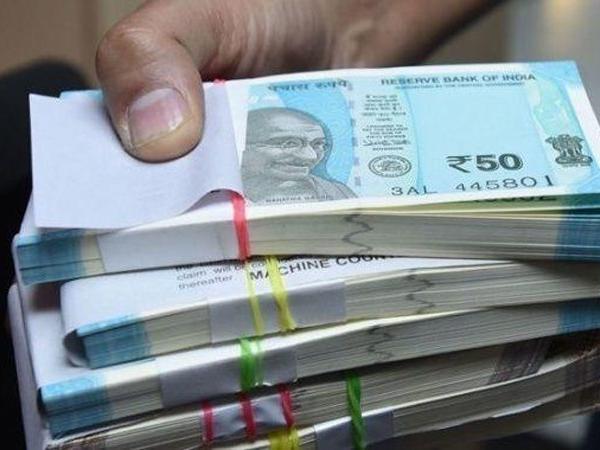Tax on debt investment in 2019: Here’re the applicable taxes on various instruments
The various debt-oriented investment options available in the market such as bank fixed deposits, recurring deposits, post office savings scheme, national savings certificate, debt-oriented mutual funds attract

New Delhi: Individuals select the investment options on the basis of their respective objectives, risk-taking capacity and the benefits offered by an investment scheme, be it a debt-related investment option or an equity-oriented investment option. The taxation on different types of debt instruments varies on the basis of specifications and the prevailing income tax rules prescribed by the Income Tax Department.
There is no uniform tax on all the equity-related investments or debt-related investment options. The various debt-oriented investment options available in the market such as bank fixed deposits, recurring deposits, post office savings scheme, national savings certificate, debt-oriented mutual funds attract different taxes.
Conventionally, risky assets such as equity, equity-oriented mutual funds attract fewer taxes as compared to the debt-related investments as most of the debt instruments are less riskier than equity assets. The final decision of an investor in selecting an investment option includes the applicability of taxes, returns, risk-involved and income tax benefits.
The short term capital gains from the debt oriented mutual funds are taxed accordingly to the applicable slab rate and the long-term capital gains are taxed at a rate of 20.8 per cent. Dividend Distribution Tax (DDT) is also applicable to dividend generating debt mutual funds at a rate of 38.83 per cent. DDT is paid by the enterprise which is issuing the dividends.
The interest earned on fixed deposits and term deposits with banks or post offices are taxed as per the applicable income tax slabs, wherein, the interest earned up to Rs 50,000 is exempt from income tax for senior citizens. Further, TDS is applicable at a rate of 10 per cent on the interest of more than Rs 10,000 for normal citizens. The acting finance minister Piyush Goyal has proposed to increase the TDS threshold to Rs 40,000 in the interim budget 2019-20.
Individuals investing in Senior Citizens Saving Scheme (SCSS) are required to pay taxes on the interest earned according to the respective income tax slabs and there is a tax deduction at source if the interest amount exceeds Rs 10,000 in a particular year. Similarly, the interest earned on the investment in national savings certificates is taxed as per the applicable income tax rates, while, deduction of up to Rs 1.5 lakh is allowed under Section 80C if the interest earned is reinvested.
[“source=timesnownews”]




